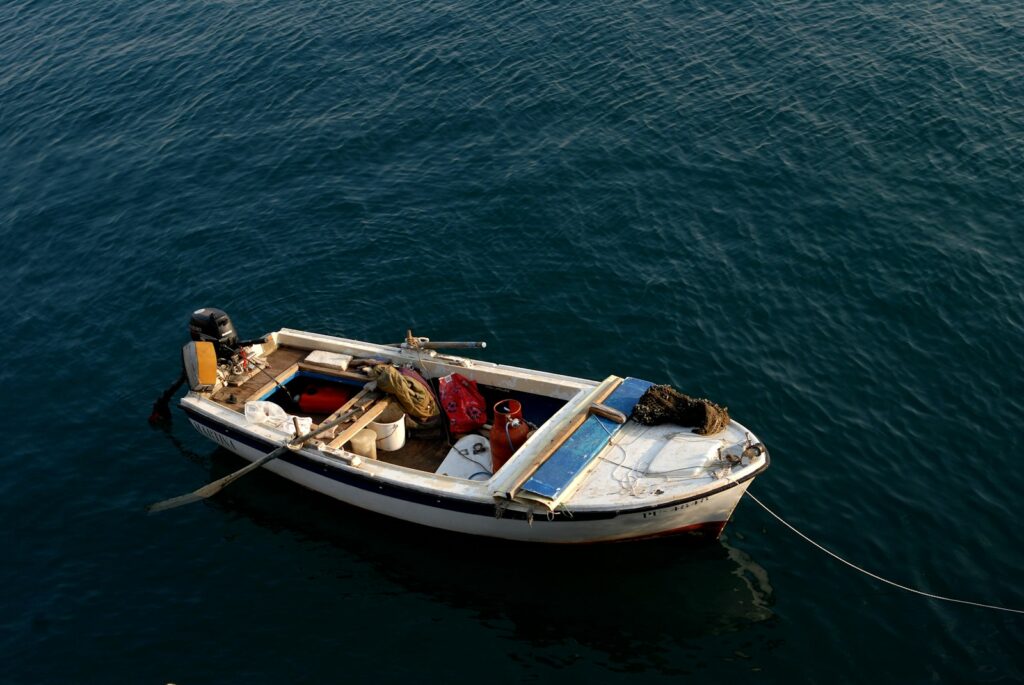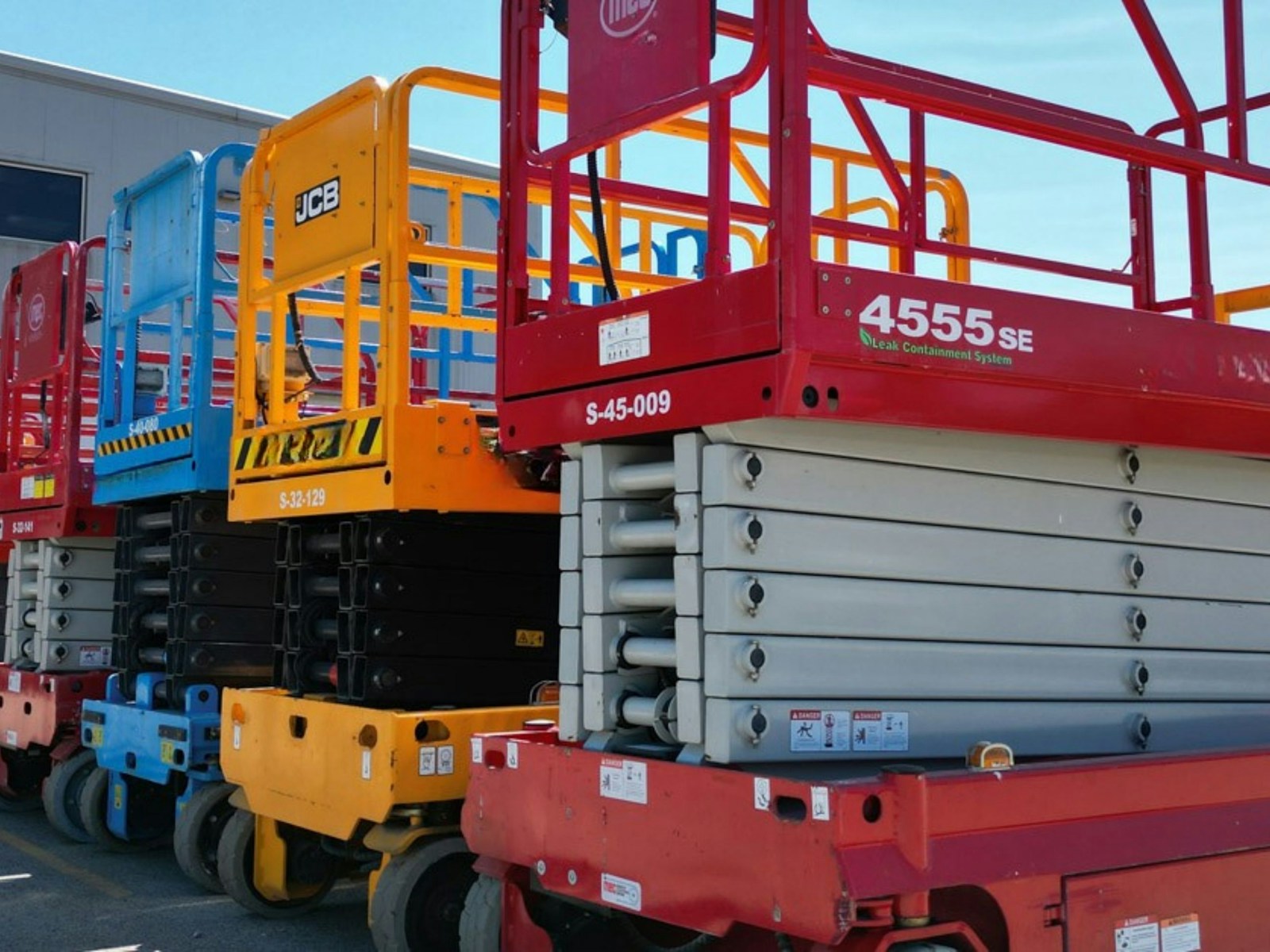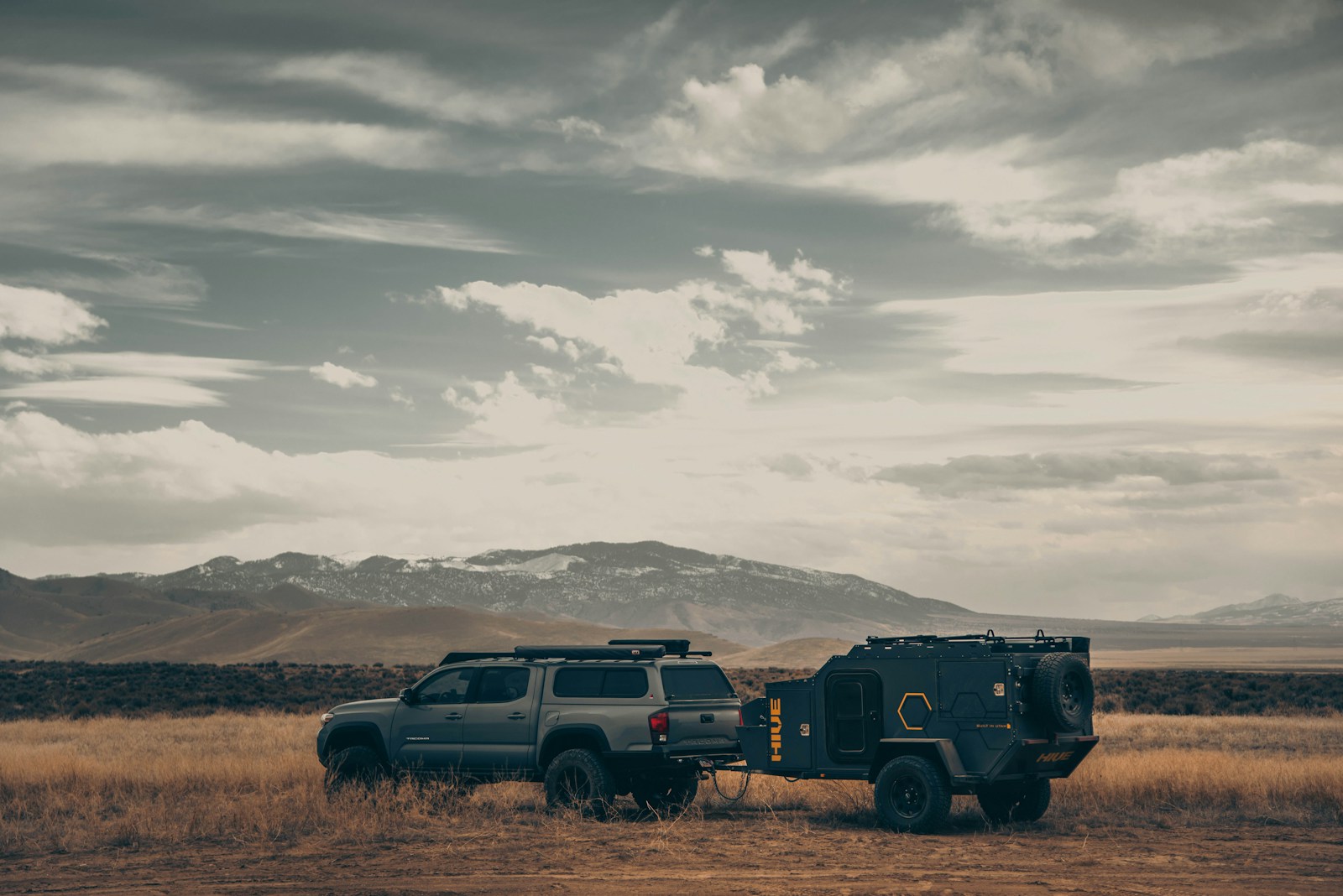Boating enthusiasts agree—there’s nothing quite like being on the water. Whether you’re a seasoned mariner or a first-time buyer, small boats can provide the perfect blend of adventure, accessibility, and practicality for water-based activities. But with so many options available, how do you choose the boat best suited to your needs? This guide will help you understand the types, features, and considerations when purchasing a small boat, ensuring your boating experience is smooth, enjoyable, and tailored to your lifestyle.

Types of Small Boats
The versatility of small boats is one of their biggest advantages. They come in myriad shapes and sizes, each suited to different activities. Small boats are also simple to load onto trailers or vehicles, highlighting their convenience and practicality. Below are five popular options:
Canoes and kayaks are two popular types of small boats favored by water enthusiasts. While kayaks are designed for stability and functionality, especially in fishing contexts, canoes are less stable and not typically used for standing while fishing. Kayaks are versatile, stable, and easily transportable, making them a preferred choice for many anglers. Features such as sit-on-top designs, scuppers for drainage, and the growing trend of kayak fishing further enhance their appeal.
1. Small Pontoon Boats
Ideal for larger bodies of water, small pontoon boats boast a stable platform for activities like fishing, lounging, or hosting a few friends. Their spacious decks and ability to handle bigger motors make them a go-to for recreational purposes.
2. Jon Boats
Jon boats are a popular choice for enthusiasts looking for simplicity and durability. With aluminum hulls, flat bottoms, and squared-off bows, these boats are perfect for fishing or navigating shallow rivers and lakes.
3. Inflatable Boats
Inflatable boats are lightweight, portable, and easy to store. Made of materials like Hypalon or PVC, they’re a favorite for recreational use and are often used for fishing or casual paddling trips.
4. Jet Boats
For those seeking speed and excitement, jet boats deliver a thrilling ride. Powered by inboard jet engines, these boats are excellent for water sports or fast cruising across rivers and lakes.
5. Personal Watercraft (PWCs)
If you’re all about having fun on the water, personal watercraft like Jet Skis offer a high-energy experience. These small boats are perfect for recreational use and are known for their agility and compact design.
Key Features of Small Boats
Understanding the features of small boats can help you make an informed decision. Consider these essentials before making a purchase:
- Bench Seats: Comfortable bench seats are commonly found in small boats and provide adequate seating for passengers.
- Flat Bottom Design: Flat-bottom boats like Jon boats are prized for their stability and ease of operation, making them excellent for beginners. Small boats are also less expensive to buy and operate compared to larger vessels, making them more accessible for various water activities.
- Portability: Inflatable boats stand out thanks to their lightweight design and easy storage options—perfect for those with limited space.
- Enhanced Decks and Motors: Small pontoon boats often feature larger decks and powerful motors, enabling them to accommodate more passengers and tackle rougher waters.
Propulsion and Performance
How your boat is powered can significantly impact its performance. Here’s a look at common propulsion systems:
- Outboard Motors: These are the classic choice for small boats, offering reliable power and efficiency. They’re easy to maintain and available in a range of sizes for different needs.
- Electric Motors: For those who care about quiet operation and environmental impact, electric motors are an excellent alternative.
- Jet Propulsion: Used in jet boats and personal watercraft, this system is all about speed, offering thrilling rides in high-energy environments.
- Pedal-Drive Systems: Many inflatable boats come outfitted with pedal-drive systems or small electric motors, making them versatile for leisurely or active outings.

Safety and Maintenance
Owning a boat is a responsibility—safe operation and regular maintenance are crucial for a seamless experience.
Life Jackets Are a Must: Ensure everyone onboard wears a life jacket or personal flotation device (PFD) at all times.
Routine Maintenance: Regularly inspect and clean your boat, including the hull and engine, to maintain efficiency and longevity.
- Inflatable boats require extra care; clean and dry them thoroughly after use to prevent mold or deterioration.
- Small pontoon boats typically require minimal maintenance thanks to their durable materials.
Proactive Repairs: Inspect your boat frequently for potential damage, fixing small issues before they become costly problems.
Customization and Upgrades
A small boat doesn’t have to stay “small” in terms of its features. You can personalize your boat to elevate its functionality or aesthetic:
- Fishing Gear and Electronics: Enhance your fishing trips with accessories like GPS systems, fish finders, and specialized rod holders.
- Inflatable Boat Upgrades: Add motor mounts or fishing platforms to your inflatable boat for improved performance.
- Performance Enhancements: Upgrade your jet boat with a high-performance engine or a custom exhaust for a more thrilling ride.
- Luxury Additions: Outfit small pontoon boats with plush touring seats, overbuilt storage compartments, or Bluetooth sound systems for a premium experience.
Trailering and Storage
Transporting and storing small boats is easier than you might think, but it’s best to know your options:
- Trailering: Most small boats can be comfortably towed behind a pickup truck or midsized car. Small pontoon boats, however, may require a larger trailer and a more powerful tow vehicle.
- Storage Solutions: Inflatable boats score high in portability—they can be deflated and stored in tight spaces when not in use. For fiberglass or aluminum boats, consider sheltered storage to protect them from the elements. Alternatively, securely mooring boats at a dock without the need for extensive upkeep offers a convenient and carefree boating experience.
Budgeting and Purchase
Small boats range broadly in price depending on type, size, and additional features. Here’s what to keep in mind:
- Affordable Options: Inflatable boats and Jon boats are generally more budget-friendly, offering excellent value at a lower cost.
- Luxury Models: Small pontoon boats and high-performance jet boats may cost more but offer unmatched comfort and functionality.
- Additional Costs: Factor in accessories, maintenance, and storage costs when creating your budget. A cheap boat that’s expensive to maintain won’t be much of a bargain in the long run.

Environmental Impact and Sustainability
When enjoying the open waters with your small boat, it’s crucial to consider the environmental footprint of your activities. Small boats, including small pontoon boats, jet boats, and inflatable boats, can significantly impact the environment if not used responsibly. Here are some key factors to keep in mind:
-
Fuel Consumption: Traditional fuel-powered boats can contribute to greenhouse gas emissions and air pollution. To minimize your impact, consider using electric or hybrid engines, which are more environmentally friendly. Alternatively, manual propulsion methods like paddling or sailing are excellent options for reducing fuel consumption and enjoying a quieter, more serene boating experience.
-
Waste Disposal: Proper waste management is essential to prevent water pollution. Always dispose of oil, fuel, and other chemicals at designated waste disposal facilities. Follow local regulations to ensure that your boating activities do not harm the aquatic environment.
-
Habitat Disruption: Boating in sensitive ecosystems requires extra care. Avoid disturbing wildlife and refrain from anchoring or mooring in areas that could damage the environment. Respect no-wake zones and be mindful of your boat’s wake, which can erode shorelines and disrupt habitats.
-
Maintenance and Repair: Regular maintenance of your boat is not only crucial for its longevity but also for environmental protection. Check for and repair any oil leaks or fuel spills promptly. Keeping your boat in good condition helps prevent environmental hazards and ensures a safer boating experience.
By adopting these sustainable practices, you can enjoy your time on the water while preserving the natural beauty and health of aquatic ecosystems.

Legal and Regulatory Considerations
Before you set sail, it’s essential to familiarize yourself with the legal and regulatory requirements for small boats in your area. Understanding these rules ensures a safe and compliant boating experience. Here are some key considerations:
- Registration and Licensing: Most regions require boats to be registered with the relevant authorities. Ensure your boat is properly registered and that you have obtained any necessary licenses or permits. This may include a boating safety certificate or a fishing license, depending on your activities.
- Safety Equipment: Equipping your boat with the necessary safety gear is not just a legal requirement but also a critical aspect of safe boating. Ensure you have life jackets for all passengers, flares, navigation lights, and other essential safety equipment. Regularly check that all gear is in good working condition.
- Environmental Regulations: Familiarize yourself with local environmental regulations to ensure your boating activities do not harm the environment. This includes proper waste disposal, protecting sensitive habitats, and adhering to fuel consumption guidelines. Being aware of and following these regulations helps preserve the natural beauty of the waterways.
- Insurance and Liability: Consider purchasing insurance to cover your boat and protect yourself against liability in case of an accident. Insurance can provide peace of mind and financial protection, ensuring that you are prepared for any unforeseen events on the water.
By understanding and adhering to these legal and regulatory considerations, you can enjoy a safe, responsible, and worry-free boating experience.
Final Thoughts for Future Owners
Still deciding which small boat is right for you? Here are some final considerations:
- Identify your boating goals. Are you fishing, paddling, cruising, or doing it all?
- Consider the number of passengers you’ll need to accommodate.
- Research reviews from other boat owners and verify build quality through trusted reviews.
- Think about long-term costs like upkeep and storage in addition to the initial purchase price.
No matter your preferences, small boats offer a gateway to unforgettable adventures on the water. Take time to evaluate your options and find the one that fits your lifestyle perfectly.

Interstate Haulers for Your Boat Transport Needs
When it comes to transporting your small boat safely and efficiently, Interstate Haulers is a trusted name in the industry. Specializing in boat transport, they offer reliable and professional services tailored to meet your needs. Whether you’re moving your boat across state lines or need to transport it for seasonal storage, Interstate Haulers ensures your vessel is handled with care and expertise.
Visit Interstate Haulers to learn more about their services, get a quote, and prepare your boat for transport. With their experience and dedication, you can focus on enjoying your boating adventures while they handle the logistics.



